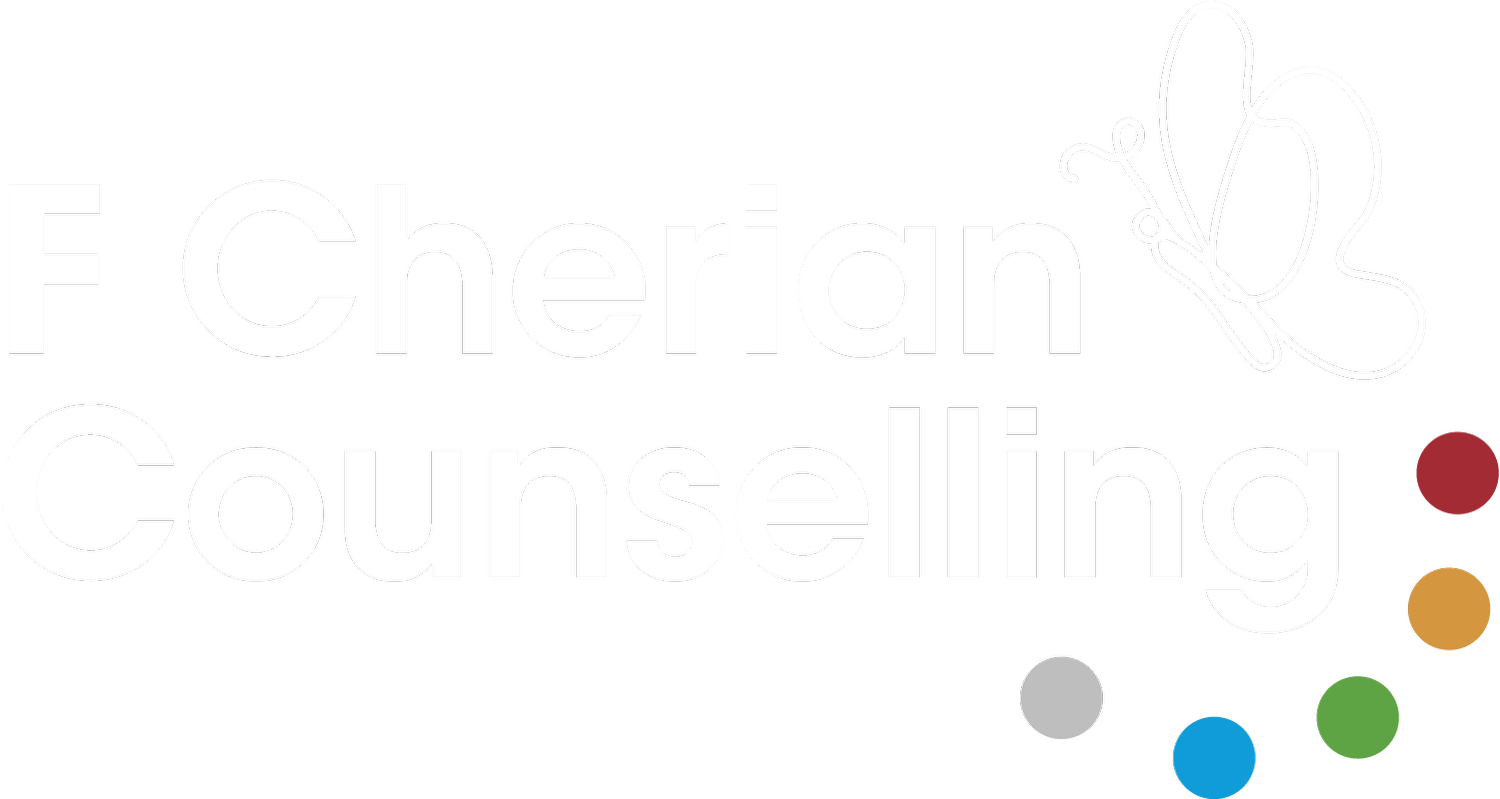Compassionate and Personalized Counselling
Counselling services are provided both virtually across British Columbia, and in-person in Vancouver. Sessions can be 50 minutes or 80 minutes depending on your needs.
Areas of Special Interest
Trauma is an enduring emotional response to stressful events (e.g., losing a parent at a young age, motor vehicle accident, abusive relationship, neglectful parents). Regardless of how long ago the event occurred, it can affect our sense of safety. Even in a safe environment an individual can experience the flight, fight, freeze, or fawn response. Symptoms can be emotional (e.g., hypervigilance, feeling easily overwhelmed, difficulty managing your emotions, avoidance, disproportionate guilt or shame) or physical (e.g., chronic pain, headaches, difficulty sleeping). Growing from trauma (post-traumatic growth) can lead to a more fulfilling life.
Witnessing another person’s pain may lead to absorbing their pain. For example, being a supportive friend to someone who has unresolved trauma, a mental health professional, a healthcare professional or a first responder may open you to vicarious trauma. The symptoms of vicarious trauma can mimic symptoms of trauma. Unattended vicarious trauma can lead to compassion fatigue, burnout, and may lead to loss of your chosen career. Therefore, it is important to actively engage in preventative care.
Losses come in many forms (e.g., death, job, relationship, community, culture). Grief often follows loss. Normally, the intensity of emotions gradually decreases, and daily life returns to normal, albeit a different normal. Sometimes we may not have the ability to process our grief or have the support we need. Sometimes we may not recognize our grief especially if it is not related to death. Sometimes we hide our grief from others. We may try to move past it, but grief will not be ignored. Mindfully honouring our grief can help us process our grief so that we can let in joy.
Many of us provide care to our loved ones (e.g., parents, spouse), stepping into the role unexpectedly and without adequate support. Caregiving is complex, and many of the support provided by the caregiver is invisible to others. It is associated with anxiety, depression, anticipatory grief, decreased sleep, unhealthy eating habits, and decreased socialization and self-care. Over time, this can lead to burnout. Being a caregiver can be a lonely experience. Counselling can help you process your emotions and honour your needs while being a caregiver.
Shame is useful for our survival; however, it can also be internalized, taking the form of an inner critic harshly judging our every move. It can make us shrink from life, feel like we do not belong, and think that we do not matter. It can be a result of trauma (e.g., abusive parents, childhood sexual abuse, racism, bullying, intergenerational trauma). Many of us resort to different ways of avoiding shame (e.g., perfectionism, workaholism, substance use). Exploring the root cause of shame and taking action to overcome it can lead to a fulfilling life.
Other Areas of Practice
Anxiety
Burnout
Chronic dissatisfaction/unhappiness
Creative block
Depression
Immigration and loss of culture
Life transitions
Loneliness and Isolation
Low Self-esteem
Menopause
Racism
Stress
Fees
$160 (50 minute session)
$240 (80 minute session)
Payments are due by e-transfer prior to the session.
A surcharge of $5 will be applied for credit card payments.
Sliding scale slots are currently full.
Cancellation Policy
Kindly provide 48-hours notice for cancellation, otherwise, full fee will be charged, except for emergencies.







